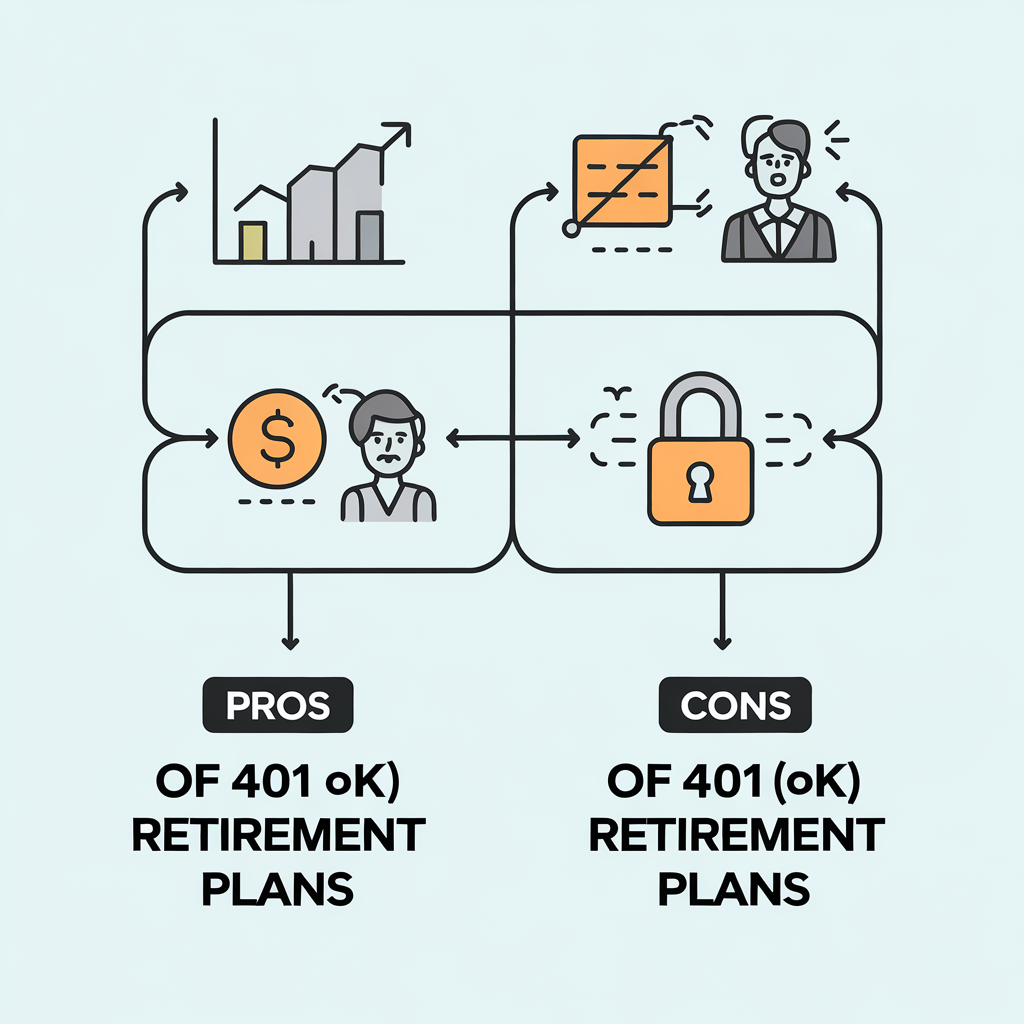Understanding Jumbo Loans: A Comprehensive Guide
Are you considering purchasing a high-value property that exceeds the standard loan limits? If so, a jumbo loan might be the right option for you. At O1ne Mortgage, we specialize in providing tailored mortgage solutions, including jumbo loans, to help you finance your dream home. Call us today at 213-732-3074 for expert guidance on your mortgage needs.
What Is a Jumbo Loan?
A jumbo loan is a type of mortgage that exceeds the maximum loan limits set by the Federal Home Finance Agency (FHFA). These loans are designed for financing properties that are more expensive than the limits allowed for conforming loans, which are eligible for purchase by government-sponsored enterprises (GSEs) like Fannie Mae and Freddie Mac.
Conforming loans must meet specific criteria set by the FHFA, and those that exceed these limits are classified as jumbo loans. The conforming loan limits vary by county and are reflective of local home values. For 2024, the conforming loan limit for a single-family home in most U.S. counties is $766,550, while in high-cost areas, it can go up to $1,149,825.
How Do Jumbo Loans Work?
Jumbo loans are considered non-conforming because they exceed the local conforming loan limits. Lenders are more cautious when issuing jumbo loans due to the higher risk involved. As a result, these loans come with stricter qualification requirements, including higher credit scores, lower debt-to-income ratios, and larger down payments.
Jumbo loans can have either fixed or adjustable interest rates. Historically, jumbo loans have had higher interest rates compared to conforming loans, but the gap has narrowed in recent years. For example, in February 2024, the 30-Year Fixed Rate Jumbo Mortgage Index was 7.3%, while the comparable conforming mortgage rate was 6.8%.
Requirements for Jumbo Loans
Qualifying for a jumbo loan involves meeting more stringent criteria than for conforming loans. Here are some of the key requirements:
Higher Credit Score
Lenders typically require a FICO® Score of 720 or higher for jumbo loans, with a minimum acceptable score of 700. In contrast, conforming loans may accept scores as low as 620.
Lower Debt-to-Income Ratio (DTI)
Jumbo loan applicants usually need a DTI ratio of 36% or lower, whereas some conforming loans allow DTIs up to 50%.
Higher Down Payment
While conforming loans may accept down payments as low as 3%, jumbo loans generally require at least 10% down, with some lenders demanding up to 30%. If the down payment is less than 20%, private mortgage insurance (PMI) may be required.
Significant Cash Reserve Requirements
Lenders often require borrowers to have sufficient savings or assets to cover up to 12 months of loan payments to minimize the risk of missed payments.
Dual Appraisals
Due to the high value and unique features of properties financed by jumbo loans, lenders may require two appraisals to accurately determine the market value.
Pros and Cons of Jumbo Loans
Pros
Access to High-End Properties: Jumbo loans enable you to finance homes with significantly higher market values than other properties in your area.
Piggyback Alternative: Instead of a jumbo loan, you could opt for a piggyback loan, which involves two separate mortgages. However, this option can be complex and costly due to dual closing costs and refinancing difficulties.
Cons
High Costs: The high price of properties requiring jumbo loans, combined with higher interest rates and closing fees, can result in substantial borrowing costs over the loan’s lifetime.
Stiff Eligibility Requirements: Meeting the stringent qualification criteria, such as high credit scores and significant cash reserves, can be challenging.
Limited Tax Deductibility: Federal tax law changes in 2018 reduced the maximum mortgage debt eligible for interest deductions from $1 million to $750,000, potentially lowering your annual tax deduction.
When Does It Make Sense to Get a Jumbo Loan?
If you’re looking to purchase a home that is significantly more expensive than the average property in your area, a jumbo loan may be your best financing option. However, it’s essential to meet the rigorous qualification requirements, including a credit score of 700 or above, a substantial down payment, and sufficient cash reserves.
Even if you qualify, consider whether you might need to resell the property quickly. Potential buyers will also need to meet the jumbo loan requirements, which can limit the pool of prospective buyers and extend the time it takes to sell the property.
The Bottom Line
Qualifying for a jumbo mortgage can be daunting due to the high interest rates and fees, even for applicants with excellent credit. However, if you’re set on purchasing a high-value home and meet the necessary criteria, a jumbo loan could be the ideal solution for financing your dream property.
At O1ne Mortgage, we are committed to helping you navigate the complexities of jumbo loans and find the best mortgage solution for your needs. Contact us today at 213-732-3074 to speak with one of our experienced loan officers and take the first step toward securing your dream home.







